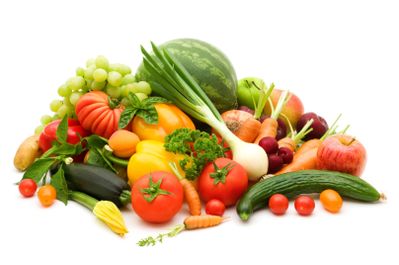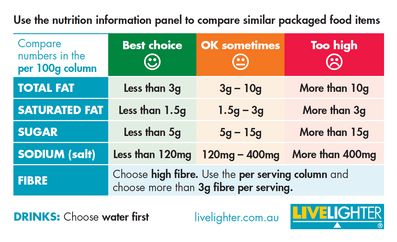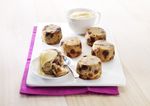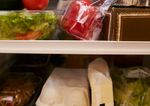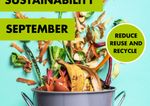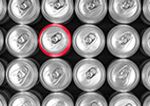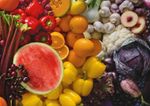What is healthy? Experts and public disagree
by Alison McAleese, LiveLighter Victoria Campaign Manager and Dietitian
- July 6, 2017
- Leave a comment
When you think of healthy foods, what pops into your mind?
Coconut oil? Muesli bars? Caesar salad?
What about pasta, jacket potatoes or popcorn?
A new survey by LiveLighter has revealed a huge gap between what the public and nutrition experts think is healthy.
We asked more than 1,000 Victorian adults and more than 100 dietitians and public health nutritionists to label a list of foods and drinks as healthy or not.
Both groups mostly agreed that apples, bananas, carrots, almonds and avocados were healthy, and that soft drink, hot chips and chocolate chip cookies were not.
But there were many products which they disagreed on.
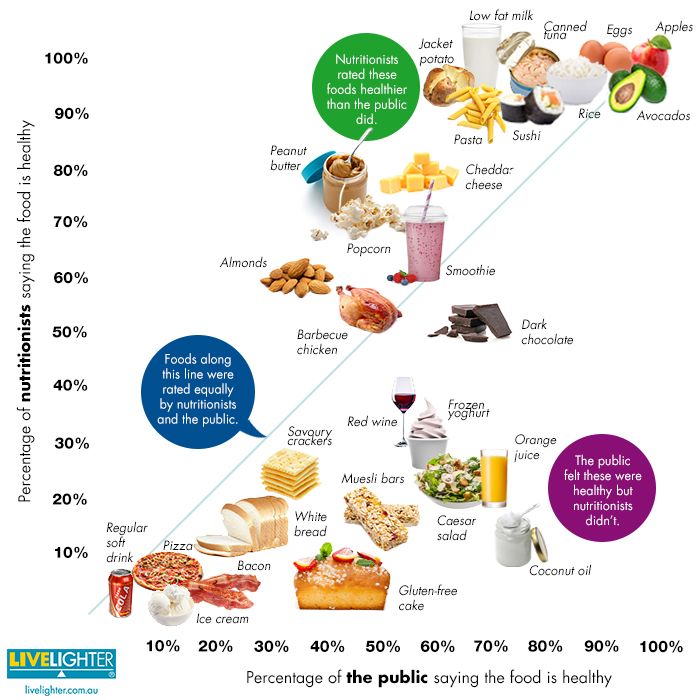
What did the general public say is healthy?
Not surprisingly, products like coconut oil, gluten-free cakes, orange juice, muesli bars and frozen yoghurt – which are heavily marketed as good for us – were seen as healthy by a much higher proportion of the public than nutritionists.
This highlights the powerful influence that food marketing has on what people see as healthy.
Coconut oil is the perfect example. Just a few years ago, not many people would have heard of coconut oil, let alone know where to buy it or what to do with it.
Now it’s frequently sold as a health product.
But in reality, it’s very high in saturated fat and shouldn’t be consumed regularly as part of a healthy diet.
What about the experts?
At the other end of the scale, a greater percentage of experts said peanut butter, pasta, popcorn and jacket potatoes were healthy.
This will no doubt be welcomed by the general public, but it’s not a free pass to eat a giant tub of buttery popcorn or order a large serve of creamy pasta from a restaurant.
When nutritionists say popcorn is healthy, they’re most likely thinking of a typical serve of air-popped popcorn, maybe with a sprinkle of herbs or spices – not the salty, buttery variety sold in enormous buckets at the movies.
The same applies for pasta, peanut butter and jacket potatoes. In their original state these foods are good for us. It’s when other ingredients like, cream, butter, processed meats and salt are added that they become less healthy.
So how do we know what’s healthy and what’s just marketing spin?
If you’re looking for reliable information on diet, nutrition or health, check who is providing the information and how they make sure it’s accurate.
Hint: if it’s a food company telling you something is healthy, you might need to check.
The LiveLighter website has lots of tips and resources to help you make healthier choices, like our label reading wallet card.
You can also visit an accredited practising dietitian or nutritionist, or speak to your local GP or health professional for healthy eating advice and support.
